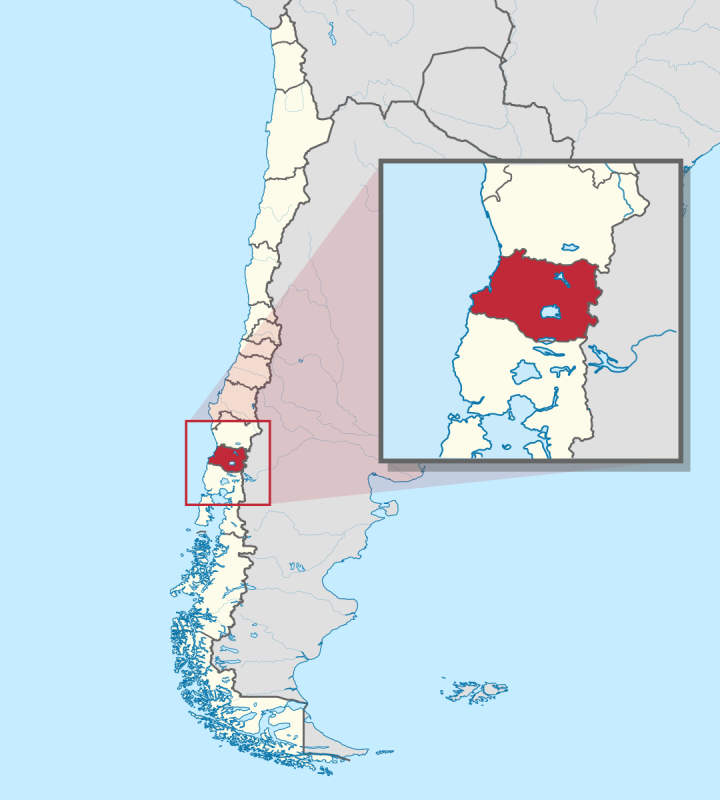Los Ríos Region Declared Provisionally Free of Brucellosis

Milestone Achieved in Chile
In a breakthrough for Chile's agricultural sector, the Los Ríos region has been declared provisionally free of brucellosis, a bacterial infection that jeopardizes both animal and human health. This marks a significant victory for local cattle producers.
Brucellosis: A Threat to Health
Brucellosis is caused by the bacterium Brucella abortus, primarily affecting reproductive-age female cattle, leading to abortions. As a zoonotic disease, it can transmit to humans, posing serious health risks if untreated.
A 50-Year Journey to Success
The new status reflects a 50-year commitment to eradicating the disease, attributed to stringent sanitary protocols and cooperation from cattle producers. Initiated in 1975, Chile's nationwide surveillance program since 2004 has been instrumental in this success.
Implications of Becoming Disease-Free
As the fourth region globally to achieve such status, Los Ríos aims to foster more secure and sustainable cattle farming practices. National SAG Director Jośe Guajardo highlighted the region's dedication during a ceremony announcing the achievement.
Impact on the Agricultural Sector
This milestone not only boosts local producers' competitiveness—opening doors to new markets—but also enhances Chile's international reputation in livestock health and product safety. Foreseeing economic benefits, government and regional officials stress ongoing vigilance and innovative practices to maintain this status.
Continuing Efforts in Other Regions
Efforts are ongoing to replicate Los Ríos's success in neighboring regions such as Los Lagos and Araucanía, signaling Chile's broader commitment to eradicating brucellosis nationwide. Utilizing shared knowledge and collaboration across sectors and jurisdictions is deemed crucial for future success.









